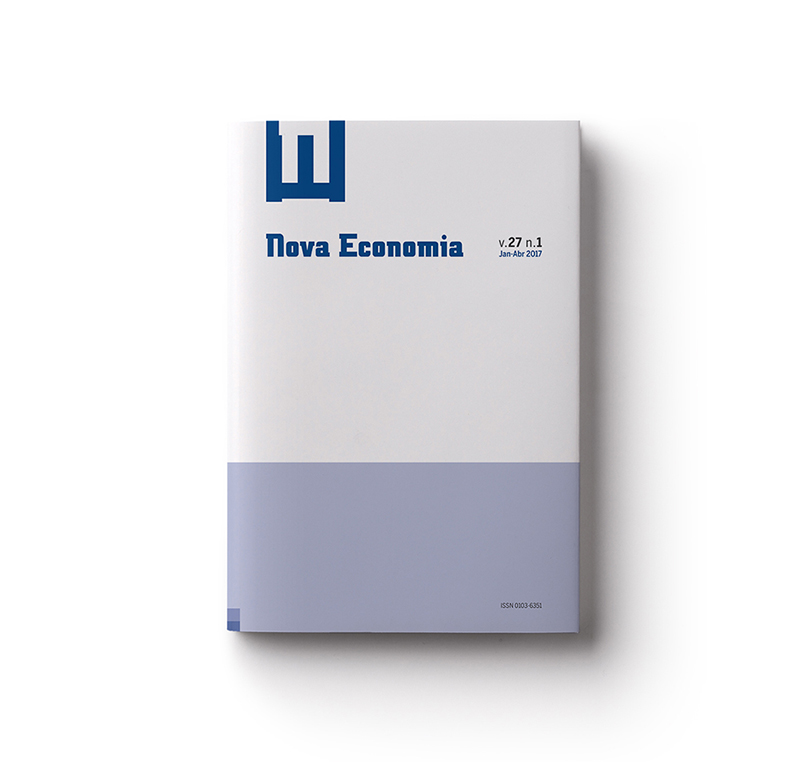Income distribution and external constraint: Brazil in the commodities boom
Keywords:
crescimento sob restrição externa, distribuição de renda, investimento público.Abstract
Durante o boom das commodities, o Brasil aumentou sua especialização em matérias-primas, ao mesmo tempo em que reduziu a desigualdade de renda (através de diversas políticas distributivas). Além disso, o crescimento da produtividade foi insuficiente durante o mesmo período. Esta trajetória é insustentável não somente no médio prazo, mas também pode ter afetado o crescimento brasileiro consistente com o equilíbrio externo. O presente artigo discute, através de um modelo macrodinâmico baseado em Ribeiro et al. (2016), o impacto dos programas de distribuição de renda no crescimento brasileiro. Sugere-se que os programas distributivos podem prejudicar o crescimento de longo prazo devido ao aumento da elasticidade-renda das importações e ao aumento da brecha tecnológica. Por fim, argumenta-se que o equilíbrio entre investimento público e programas distributivos permitiria um ciclo virtuoso de crescimento e distribuição de renda.
Downloads
Additional Files
Published
How to Cite
Issue
Section
License
Authors who publish with this journal agree to the following terms:
- Authors retain copyright and grant the journal right of first publication with the work simultaneously licensed under a Creative Commons Attribution 4.0 International License that allows others to share the work with an acknowledgement of the work's authorship and initial publication in this journal.
- Authors are able to enter into separate, additional contractual arrangements for the non-exclusive distribution of the journal's published version of the work (e.g., post it to an institutional repository or publish it in a book), with an acknowledgement of its initial publication in this journal.
- Authors are permitted and encouraged to post their work online (e.g., in institutional repositories or on their website) prior to and during the submission process, as it can lead to productive exchanges, as well as earlier and greater citation of published work (See The Effect of Open Access).




